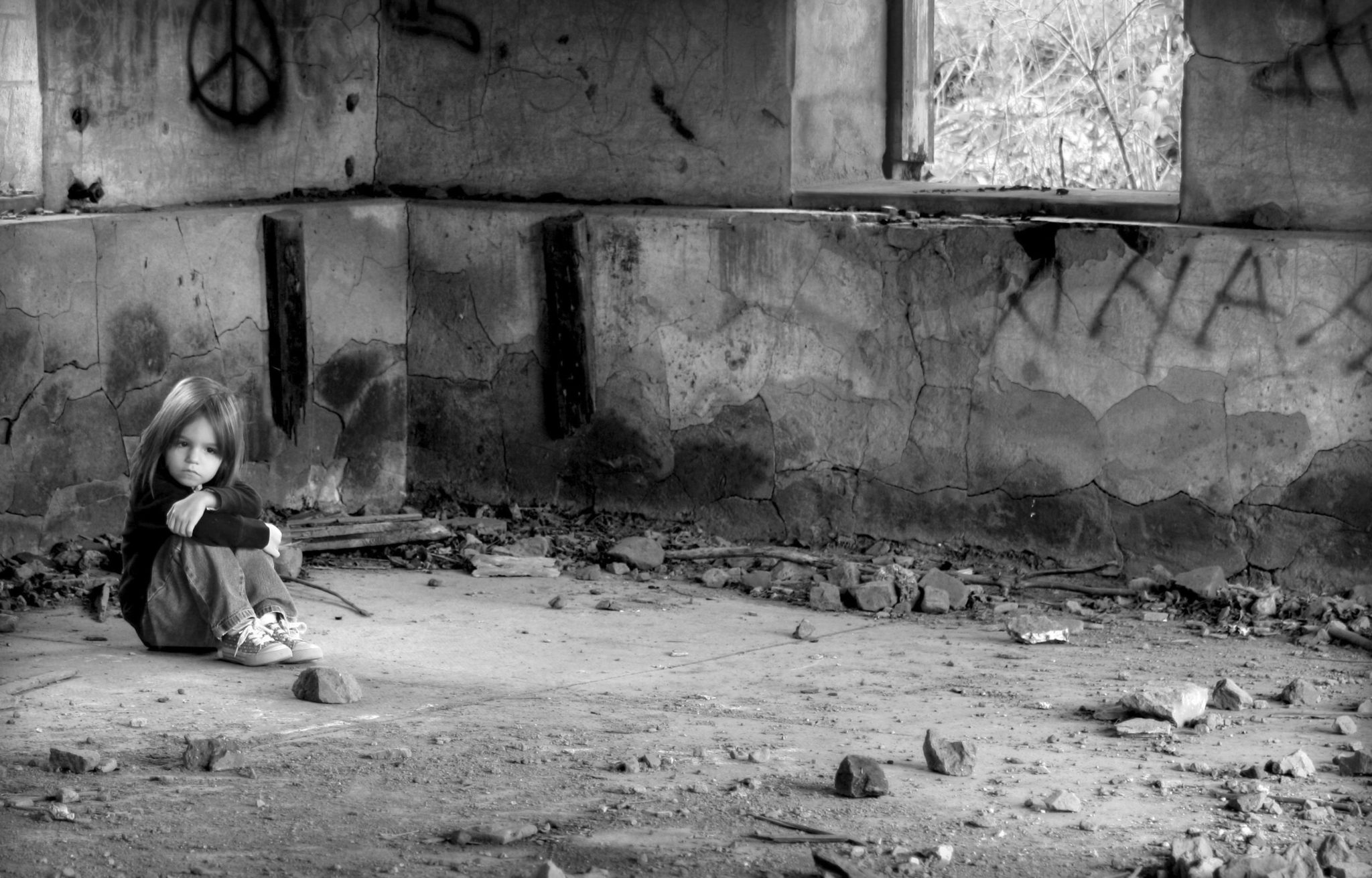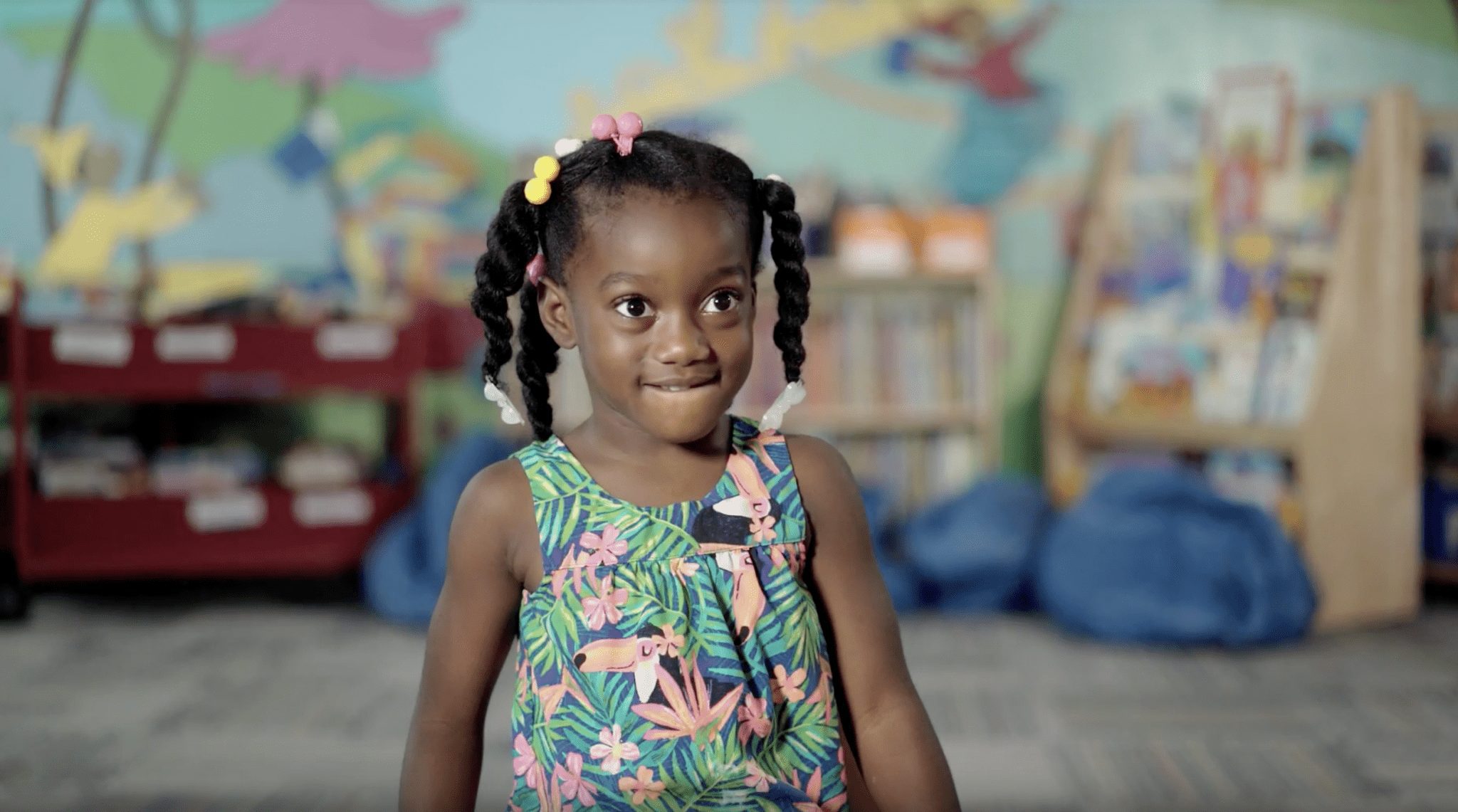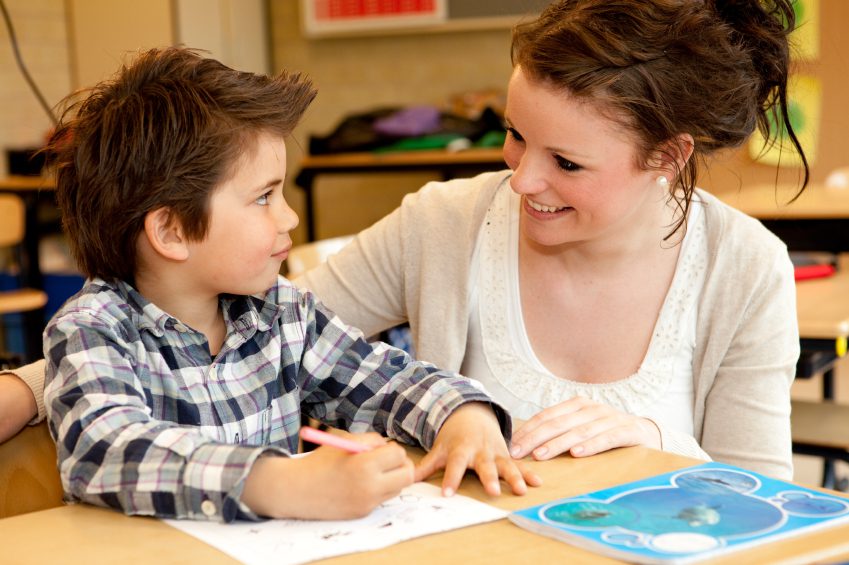Jade’s Journey From Homeless Child To Lesley University Student: A Story Of Resilience

Posted in: Hot Topics, Podcast, You & Your Family, Young Adults
Topics: Real Lives Real Stories
This is the second blog post of a series in collaboration with the Lesley University Child Homelessness Initiative (CHI). For more information about the CHI curriculum, and the ways in which it seeks to empower the next generation of teachers and caregivers to understand and advocate for homeless children, visit http://www.lesley.edu/child-homelessness-initiative/.
To view the first blog post, click here.
Intro music written and performed by Dr. Gene Beresin.
Outro music arranged and performed by Dr. Gene Beresin.
Let’s start with some key questions:
What is the difference between a label and a lived experience?
How is it possible that people can live through the same experience and come through it in vastly different, life-altering/life-sustaining ways?
Is resilience something you’re born with, or can it be taught? (Actually, we feel compelled to answer this one right away. I would argue that resiliency can be taught. Sure, some people are born with a greater capacity for resilience, but there is no doubt that teachers, clinicians, social workers and even legislators can teach skills that will promote resilience. More on that in a minute.)
How can teachers and others work with families and systems to ensure that all children feel safe talking about their lives, and sharing their stories?
And, what is Lesley University’s role with the Child Homelessness Initiative (CHI)?
You’re an 18-year-old woman, a college freshman, enrolled in a course called Child Homelessness. One day, it strikes you that this thing you’re reading about—this condition that has been labeled “homelessness”—is precisely the chronic condition that your family experienced during your own formative years. And yet, rather than feel that you have been damaged or sentenced to a life less happy and successful, you feel that the experience has contributed to creating the self that you perceive as whole…as strong…as resilient.
Jade Gardner, a rising sophomore at Lesley University in Cambridge, Massachusetts, is exactly this student. She chose to enroll in the Child Homelessness course in order to gain a better understanding of her younger sister.
You see, Jade’s sister had the same upbringing as Jade: the same deprivations, the same challenges, the same environment. And yet, Jade’s sister seems to have met substantially more obstacles. So, Jade started to wonder whether the path of human development is as simple as a biological roll of the dice that equips some more than others with the capacity to withstand adversity.
This is no small question. For decades, psychological theorists have argued that there is vital interplay between biology (a.k.a. “nature”) and the environment (a.k.a. “nurture”) that combines to create each unique individual, inside and out. Sprinkle in a little philosophy, and it’s difficult for people to know what’s real, and what we only believe to be real. Given this level of cognitive dissonance, it’s no wonder that social and economic systems that attempt to ameliorate the trauma associated with homelessness continue to muster only limited success.
Regardless of one’s profession or motivation, forming trusting relationships among people is a critical step toward affecting meaningful change. A major goal of the CHI work at Lesley is to raise awareness of the complex issues connected with child homelessness. Thanks to the generosity of the Schoen Family Foundation and the vision of Laurie Schoen and former dean Mary Coleman, the university is committed to bringing public attention to a multifaceted problem in Massachusetts and the nation at large. Teachers are not typically trained to identify and respond to the trauma experienced by 20 to 30 students in the classroom. Teachers are not typically trained to collaborate with community resources, or to advocate for students through established political channels. But, these are just the skills that the CHI aims to teach within its array of courses that focus on the well-being of children.
In the state of Massachusetts, Governor Charles Baker has declared increased housing and decreased homelessness as priorities for his administration. What does that mean for children who are living without permanent, reliable shelter? What does that feel like for caregivers who are struggling to keep their family intact despite regulations that may force family members to separate for the sake of their “best” interests?
We really don’t know. That’s why the work of CHI is so important.

 Share
Share Tweet
Tweet







